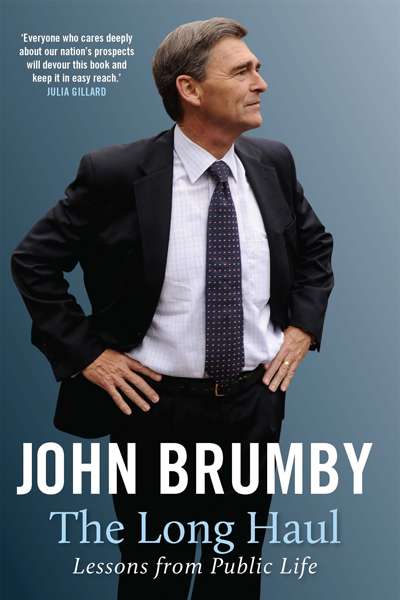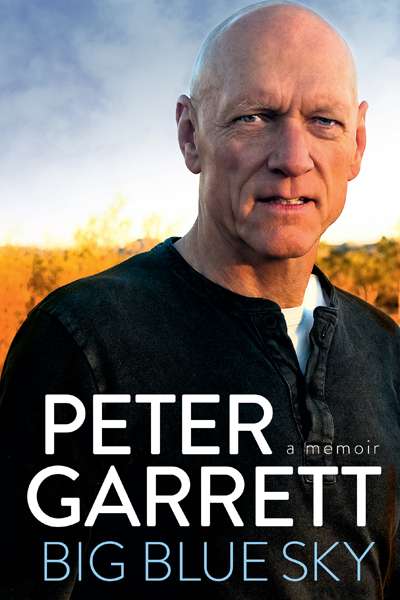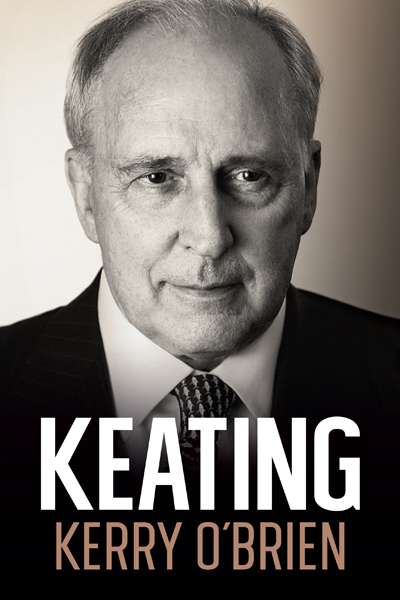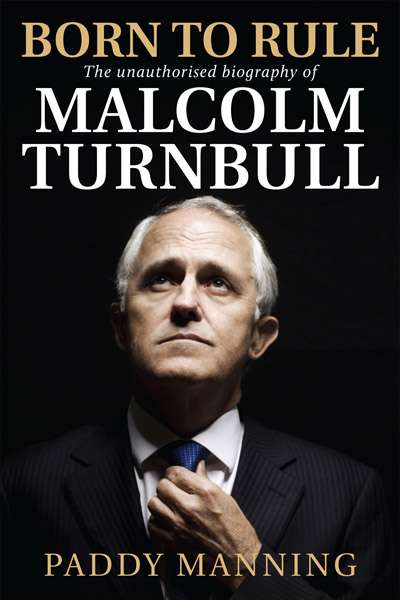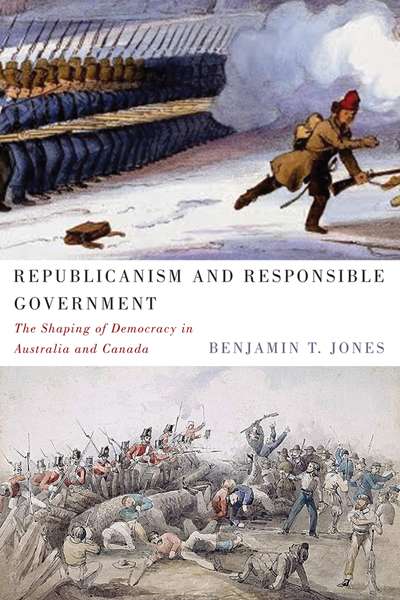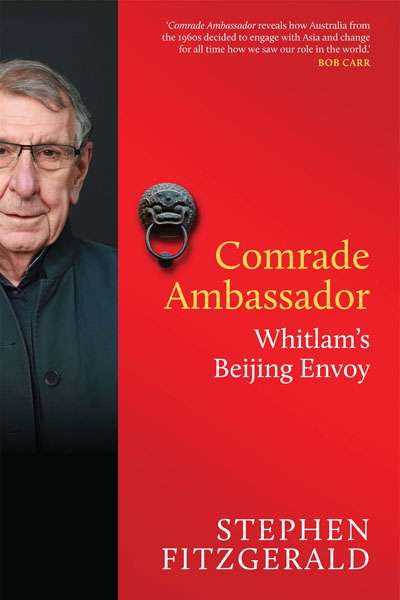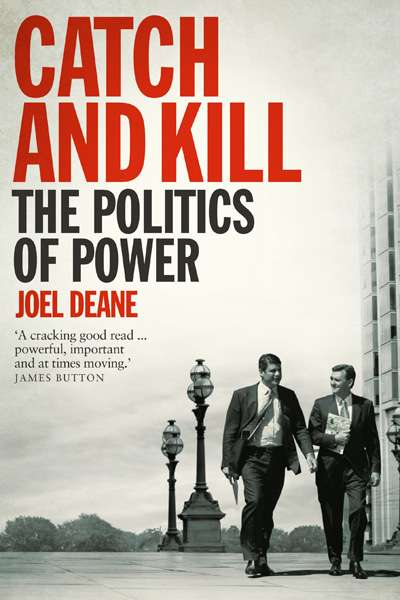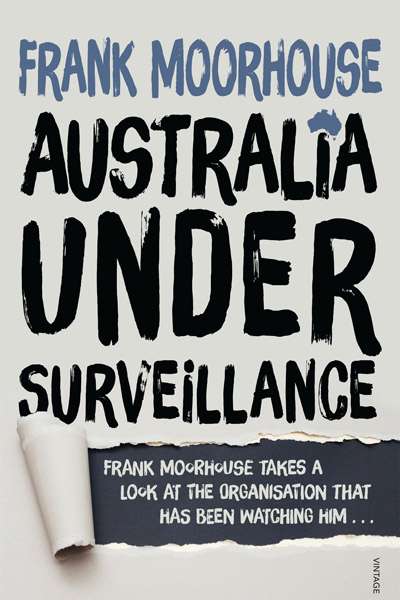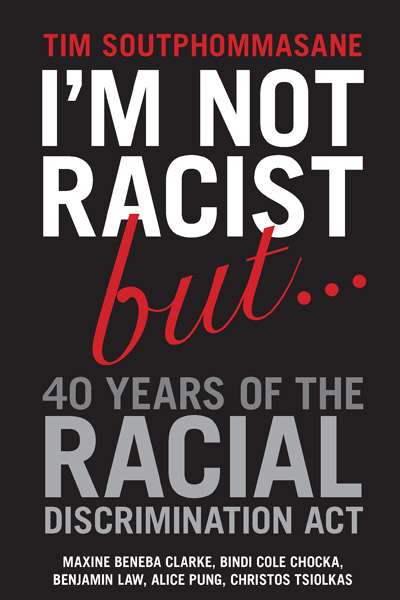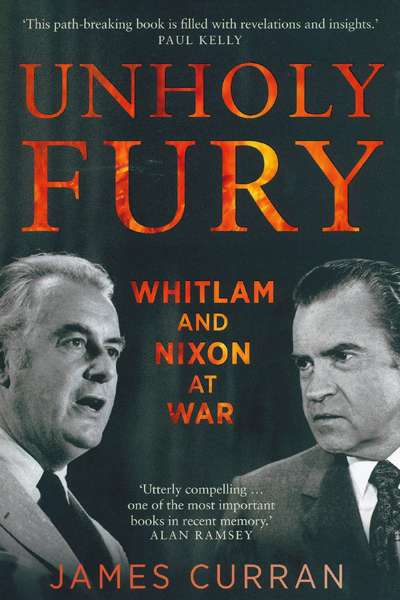Australian Politics
The Long Haul: Lessons from Public Life by John Brumby
Alongside the current boom in political memoir, with its tendency to self-aggrandisement, score-settling, and justification of the indefensible, there grows quietly a small but compelling genre of books that explore the craft and policy purpose of various types of political work. Notable examples from Melbourne University Press include
Dressed in a suit, standing beside a prime minister, Peter Garrett never looked totally convincing as a cabinet minister. We recalled his onstage persona in Midnight Oil, stooped and balding, a towering figure struggling to contain his energy and passion. Garrett was minister for the environment, heritage, and the arts in the first Rudd ministry; after the 2 ...
Paul Keating continues to fascinate. Influential commentators such as Paul Kelly and George Megalogenis now celebrate the golden age of policy reform in which he was central, while lamenting the policy desert of recent years. Still, it is not enough: Keating, the master storyteller, wants to control the narrative of his legacy. Yet he professes disdain for biography ...
Born to Rule: The Unauthorised biography of Malcolm Turnbull by Paddy Manning
Since deposing Tony Abbott on 14 September 2015, Malcolm Turnbull has dominated Australian politics like a colossus. Turnbull's triumph, though long expected, happened quickly. The sense of national relief that followed was profound. The preceding eight years of Australian politics – scarcely the apotheosis of democratic governance – had produced intense public ...
Republicanism and Responsible Government: The Shaping of Democracy in Australia and Canada by Benjamin T. Jones
Studies in the early history of Australian democracy have undergone a remarkable regeneration over the past decade. Since New South Wales's sesquicentenary of responsible government in 2006, books by Peter Cochrane and Terry Irving, and essays by Paul Pickering, Andrew Messner, and Sean Scalmer, have overhauled prevailing interpretations of the 1840s and 1850s, whic ...
Comrade Ambassador: Whitlam's Beijing Envoy by Stephen FitzGerald
On his first day in Australia's foreign service in 1961, Stephen FitzGerald was told to learn the language of the enemy: 'a country we have no diplomatic relations with, which our government denounces as an aggressor, instigator of subversion in Southeast Asia and major threat to Australia.' He took on the assignment with apprehension. China was completely foreign t ...
Since 1980, Victoria has become a natural Labor state. It has seen twenty-three federal and state elections in that time, and Labor has won seventeen of them. The Coalition has won just three state elections in thirty-five years, and a majority of Victoria's seats at just three of the last thirteen federal elections.
It is a stunning reversal of roles. For i ...
Operating in the shadows, security agencies usually have indifferent reputations. Their very nature prevents them from fully explaining themselves. At least some of their activities, if exposed to full scrutiny, would not enhance their reputations. There is a need for security agencies, yet the nature and scope of their role, powers, and responsibilities are contest ...
I'm Not Racist But ... 40 Years of the Racial Discrimination Act by Tim Soutphommasane
Does a law change the way people behave and think? Can it accelerate a shift in cultural norms? These are some of the questions that emerge from this reflection on Australia’s Racial Discrimination Act (1975).
Tim Soutphommasane is hardly a disinterested commentator, since he owes his current job as Racial Discrimination Commissioner to the very a ...
‘I have never met an Aussie I didn’t like.’ The half-compliment was the best President Richard Nixon could muster during a restrained exchange with Prime Minister Gough Whitlam in the Oval Office in July 1973. After the turbulent build-up to this meeting, rivetingly conveyed in James Curran’s history Unholy Fury: Whitlam and Nixon at War, one almost e ...


